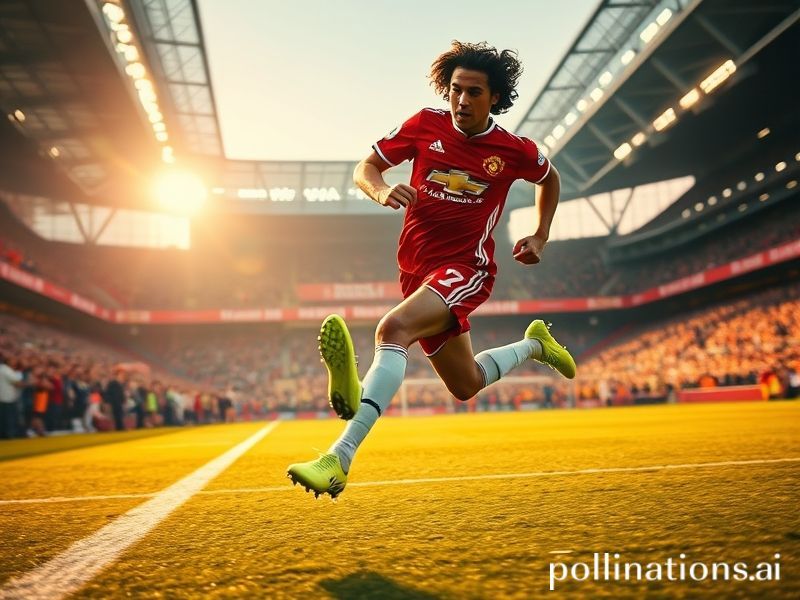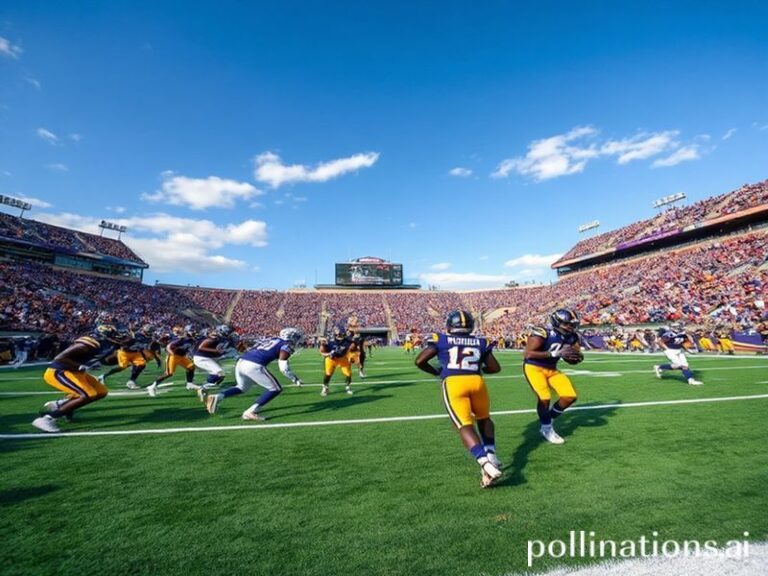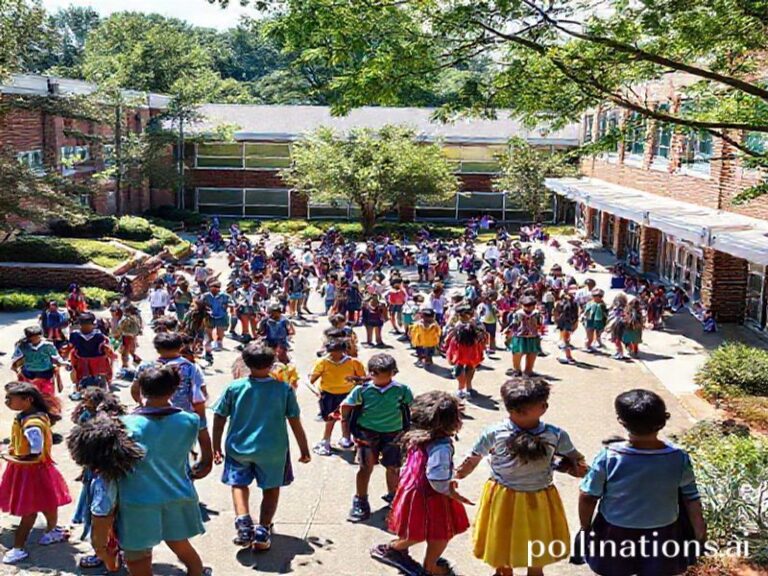Garnacho: The 19-Year-Old Human IPO Lighting Up a Broken Planet
Alejandro Garnacho, the 19-year-old Argentine winger who still looks like he should be sneaking into bars with a fake ID, has managed to become a geopolitical metaphor in shin pads. While most teenagers are busy failing their driving tests or discovering that love hurts, Garnacho is busy reminding us that the world’s most volatile economies can be summarized by a single step-over.
On the surface, he’s just another sprinter in Manchester United’s ongoing identity crisis—half Harlem Globetrotters, half hedge-fund PowerPoint. But zoom out and you’ll notice the kid is an accidental atlas. Born in Madrid to an Argentine mother and a Spanish father, he chose to play for the country that once produced both tango and 100-percent inflation. In that single paperwork shuffle, he confirmed three global truths: (1) passports are now collectibles, (2) nation-states are competing for teenagers the way venture capitalists fight over AI startups, and (3) nobody in Buenos Aires has updated their currency-conversion app since 2019.
The transfer market, that annual carnival where oligarchs launder soft-power through center-forwards, has already slapped a nine-figure price tag on his left foot. For context, that’s roughly the GDP of three Pacific micro-nations or one mid-sized oligarch’s yacht fuel budget. European clubs are reportedly “monitoring developments,” which is scout-speak for “waiting to see if Manchester United will remember to pay the electric bill.” Meanwhile, the Qatari royal family is Googling whether he prefers Ferraris or Bugattis, because nothing says sportswashing like a teenager in neon boots.
Garnacho’s signature move—a rabona cross that looks like a man trying to parallel park a motorcycle—has become the new international symbol for “hope sells.” South Korean highlight channels slow it down to K-pop tempo; Nigerian Twitter turns it into a meme about escaping Lagos traffic; and in the United States, ESPN uses it as evidence that soccer is “finally happening here,” bless their hearts. The clip has more air miles than the average foreign correspondent.
But the darker punch line is how perfectly he mirrors our age of precarious celebrity. One torn ACL and the algorithmic gods will swap him out for the next kid who can juggle a ball while flossing. The same global village that now sings his name will, without irony, pivot to outrage over avocado prices. Collective memory has been reduced to a 15-second reel with royalty-free dubstep.
Still, there’s something grimly charming about watching nation-states, hedge funds, and streaming services compete over a teenager who still needs permission to stay up past midnight. It’s as if the entire planet has agreed to distract itself from melting ice caps by arguing over whether Garnacho is more “Messi-esque” or “Ronaldo-adjacent.” Meanwhile, the actual Messi is quietly cashing Saudi checks, and Ronaldo is out here advertising face creams that promise eternal youth—irony thicker than VAR bureaucracy.
In the end, Garnacho is less a footballer than a Rorschach blot smeared across a broken planet. To Argentina, he’s a hedge against economic despair; to Europe, he’s a depreciating asset with resale value; to the rest of us, he’s proof that the human race would rather binge athletic adolescence than confront its own mid-life crisis. Somewhere a child in Jakarta is practicing rabonas on a flood-soaked field, convinced that salvation comes with sponsorship logos. And who are we to tell him otherwise? We’re the generation that turned climate anxiety into a Netflix doc and called it progress.
So here’s to Garnacho: may his hamstrings stay intact longer than the global supply chain, and may his highlight reels outlast our collective attention span. Because if the world insists on auctioning its future one teenager at a time, we might as well enjoy the choreography before the music stops.







